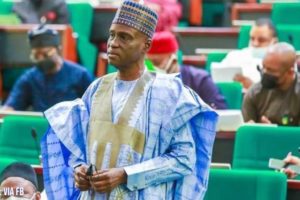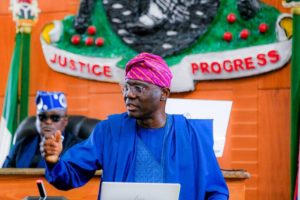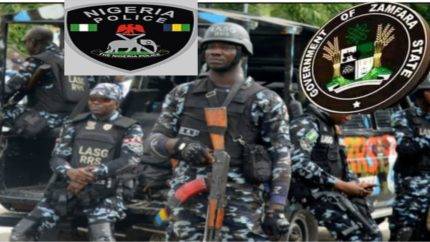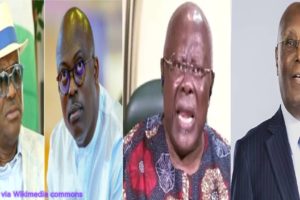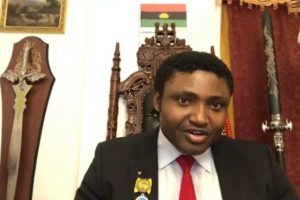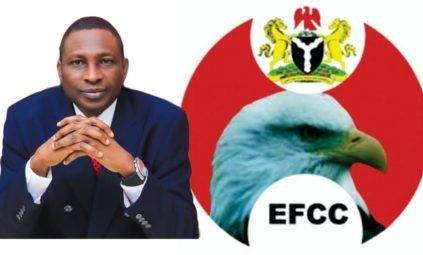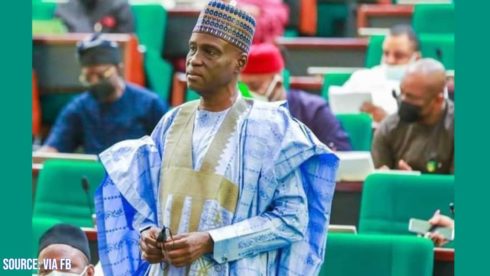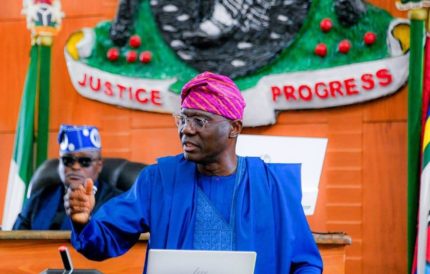The Economic and Financial Crimes Commission (EFCC) has taken a bold step to address the illicit activities surrounding foreign currency trading in Nigeria. With the aim of alleviating pressure on the local currency, the EFCC has formed a specialized team comprising 7,000 individuals distributed across its 14 zonal commands. This team is tasked with implementing decisive measures against individuals involved in illegal activities related to the trading of dollars. The move comes as a response to concerns over the destabilization of the Nigerian currency and the economy at large.
Dele Oyewale, the spokesperson for the anti-corruption agency, emphasized the importance of this initiative in a statement released in Abuja. Oyewale highlighted that the newly established task force is dedicated to enforcing existing laws against currency mutilation and the dollarization of the economy. He underlined the commission’s commitment to protecting the economy from abuses, leakages, and distortions that could lead to instability and disruption.
Recent arrests in Lagos and Port Harcourt demonstrate the EFCC’s proactive approach in tackling currency-related crimes. The commission’s efforts extend beyond law enforcement as it also engages with stakeholders to address underlying issues contributing to the illegal trade of foreign currencies.
Collaboration with Educational Institutions to Uphold Naira as Legal Tender
In a bid to reinforce the Nigerian naira as the sole legal tender in the country, the EFCC has extended invitations to private universities and other tertiary institutions that accept foreign currencies for tuition fees. These institutions were briefed on the importance of recognizing the naira as the primary medium of exchange within Nigeria. The move signals the EFCC’s proactive stance in curbing practices that undermine the stability of the local currency and the broader economy.
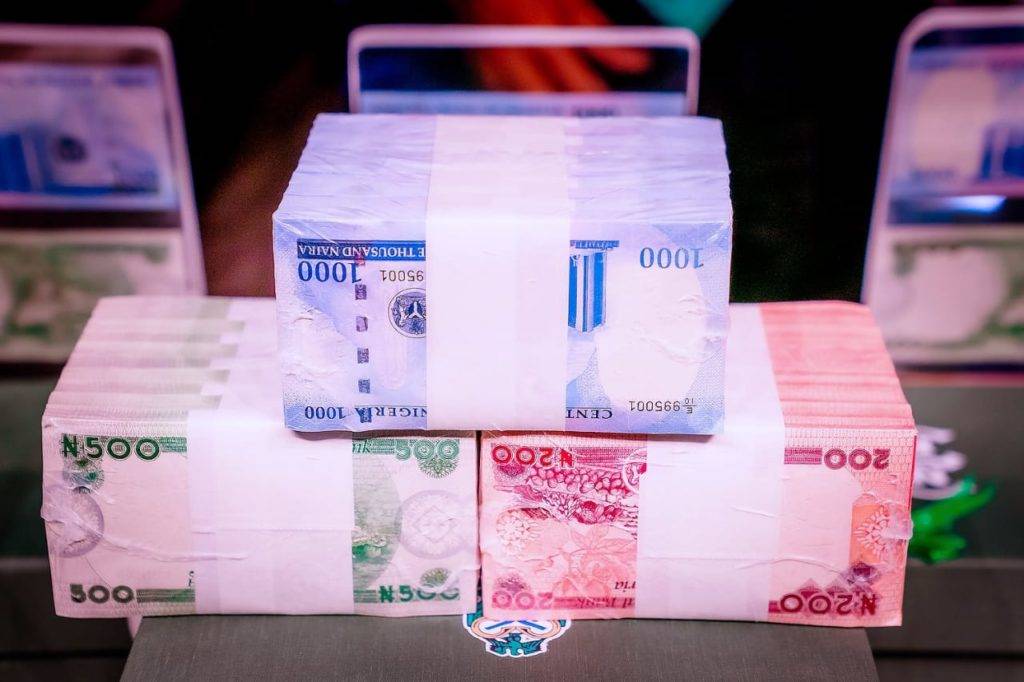
Speaking on behalf of the commission, Dele Oyewale emphasized the need for cooperation from educational institutions charging fees in dollars. Oyewale reiterated the commission’s commitment to enforcing laws aimed at reinvigorating and stabilizing the economy. By engaging with stakeholders in the education sector, the EFCC aims to foster a collective effort in upholding the integrity of the Nigerian currency.
Commitment to Economic Stability and Law Enforcement
They EFCC’s recent actions underscore its dedication to preserving economic stability and combating financial crimes. The establishment of a specialized task force and engagement with educational institutions reflect a multifaceted approach to addressing the challenges posed by illegal currency activities. With a focus on enforcement and collaboration, the commission aims to mitigate the risks associated with currency mutilation, dollarization, and other illicit practices.
As Nigeria navigates economic uncertainties, the EFCC’s proactive measures serve as a beacon of hope for safeguarding the integrity of the financial system. By enforcing existing laws and fostering cooperation among stakeholders, the commission endeavors to promote sustainable economic growth and resilience against external pressures.
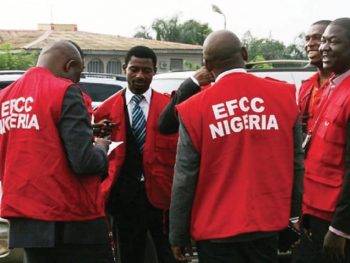
EFCC Cracks Down on Illegal Dollar Trade
The Economic and Financial Crimes Commission (EFCC) has taken decisive action to combat the illegal trade of dollars and bolster the value of the Nigerian naira. In a move aimed at safeguarding the integrity of the local currency, the EFCC has established a specialized team to address this pressing issue. This initiative underscores the agency’s commitment to upholding financial regulations and promoting economic stability.
Collaboration with private universities and tertiary institutions further enhances the EFCC’s efforts in tackling currency-related crimes. By engaging academia, the commission can leverage expertise and resources to devise effective strategies against illegal dollar transactions. This proactive approach signals a concerted effort to address systemic challenges and protect the nation’s financial interests.
FG Implements Ban on Dollar Use for Local Transactions
The Federal Government’s recent decision to prohibit the use of the US dollar for local transactions and celebratory practices like ‘spraying’ at parties has garnered attention nationwide. This bold move aims to strengthen the Nigerian economy and discourage practices that undermine the value of the naira. By prioritizing the nation’s currency, the government seeks to foster economic resilience and curb illicit financial activities.
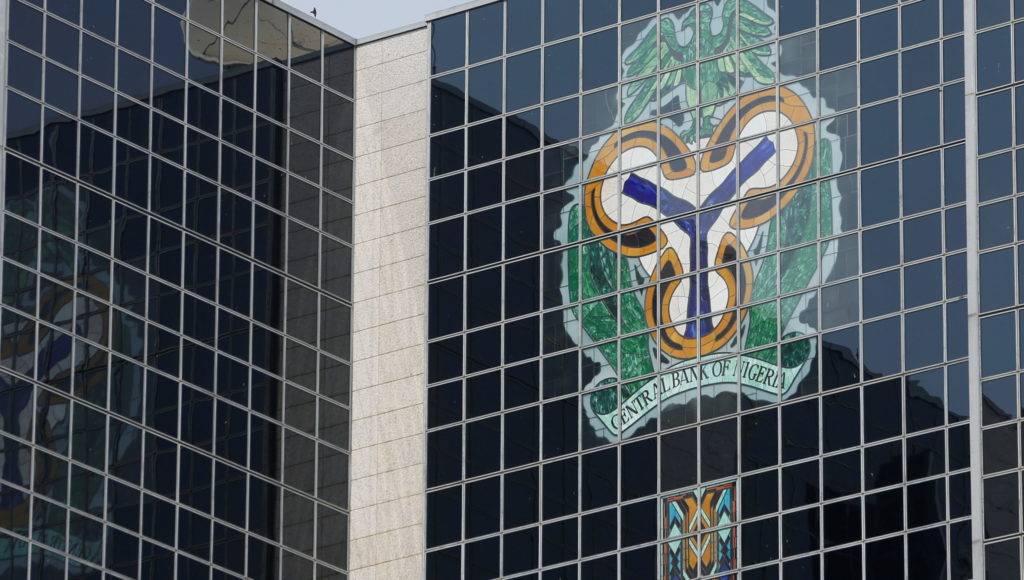
Critics have raised concerns about the effectiveness of enforcement, citing institutionalized corruption within regulatory bodies like the EFCC. The agency’s chairman has acknowledged these challenges and vowed to address internal shortcomings. With a renewed focus on accountability and transparency, the EFCC aims to root out corruption within its ranks and strengthen regulatory frameworks.
The call for a whistleblower policy with substantial rewards underscores the importance of citizen involvement in combating financial crimes. By incentivizing whistleblowers, the government can harness public support to identify and prosecute perpetrators of illegal dollar transactions. This grassroots approach holds promise in supplementing regulatory efforts and promoting a culture of accountability within the financial sector.
Table of Contents
Discover more from OGM News NG
Subscribe to get the latest posts sent to your email.

